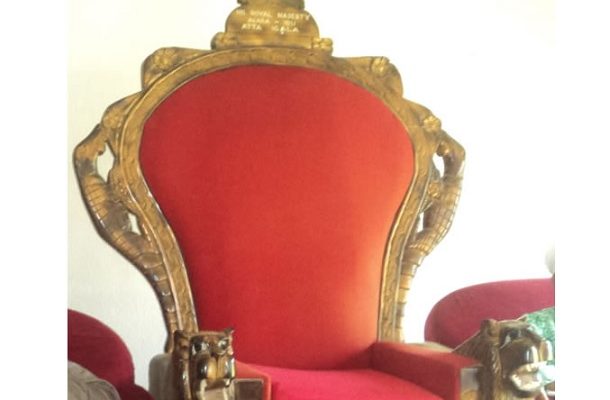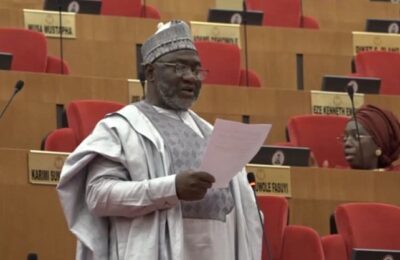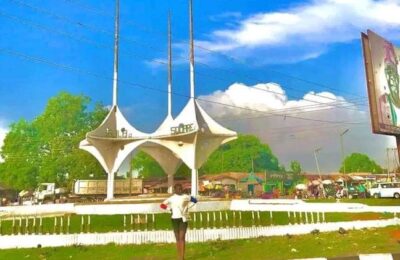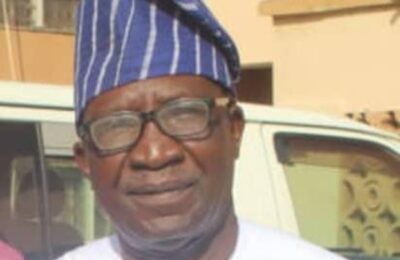Spread the love
The Igala people, an ethnic nationality in Kogi State, Central Nigeria, have a rich cultural heritage and traditional system of governance. Here’s an overview of their leadership, decision-making, and conflict resolution mechanisms:
Leadership Structure
- Attah Igala: The paramount ruler of the Igala kingdom, responsible for spiritual and cultural leadership.
- Igalamela Kingmakers: A council of chiefs that selects and verifies the Attah Igala.
- Council of Chiefs: Advises the Attah Igala on important matters affecting the kingdom.
Decision-Making Mechanisms
- Consultative Process: Decision-making involves consultation among the Attah Igala, council of chiefs, and other stakeholders.
- Consensus Building: Emphasis is placed on achieving consensus through discussion and negotiation.
Conflict Resolution Mechanisms
- Traditional Rulers: Play a significant role in conflict prevention and resolution, serving as mediators and arbitrators.
- Community-Based Mechanisms: Conflicts are often resolved through community-based mechanisms, involving elders and other respected members of the community.
- Customary Law: Traditional laws and customs guide conflict resolution processes.
Challenges and Opportunities
- Repositioning Traditional Rulers: There is a need to reposition traditional rulers to effectively address modern security challenges.
- Recognizing Traditional Institutions: The role of traditional institutions in conflict resolution should be recognized and enshrined in the constitution.
- Collaboration with Modern Institutions: Traditional institutions can collaborate with modern institutions to enhance conflict resolution mechanisms.
By understanding the Igala traditional system of governance, leadership, and conflict resolution, we can appreciate the importance of cultural sensitivity and community-based approaches to conflict resolution.
– Benjamin Ibrahim, a retired Permanent Secretary, writes from Lokoja.
Spread the love




